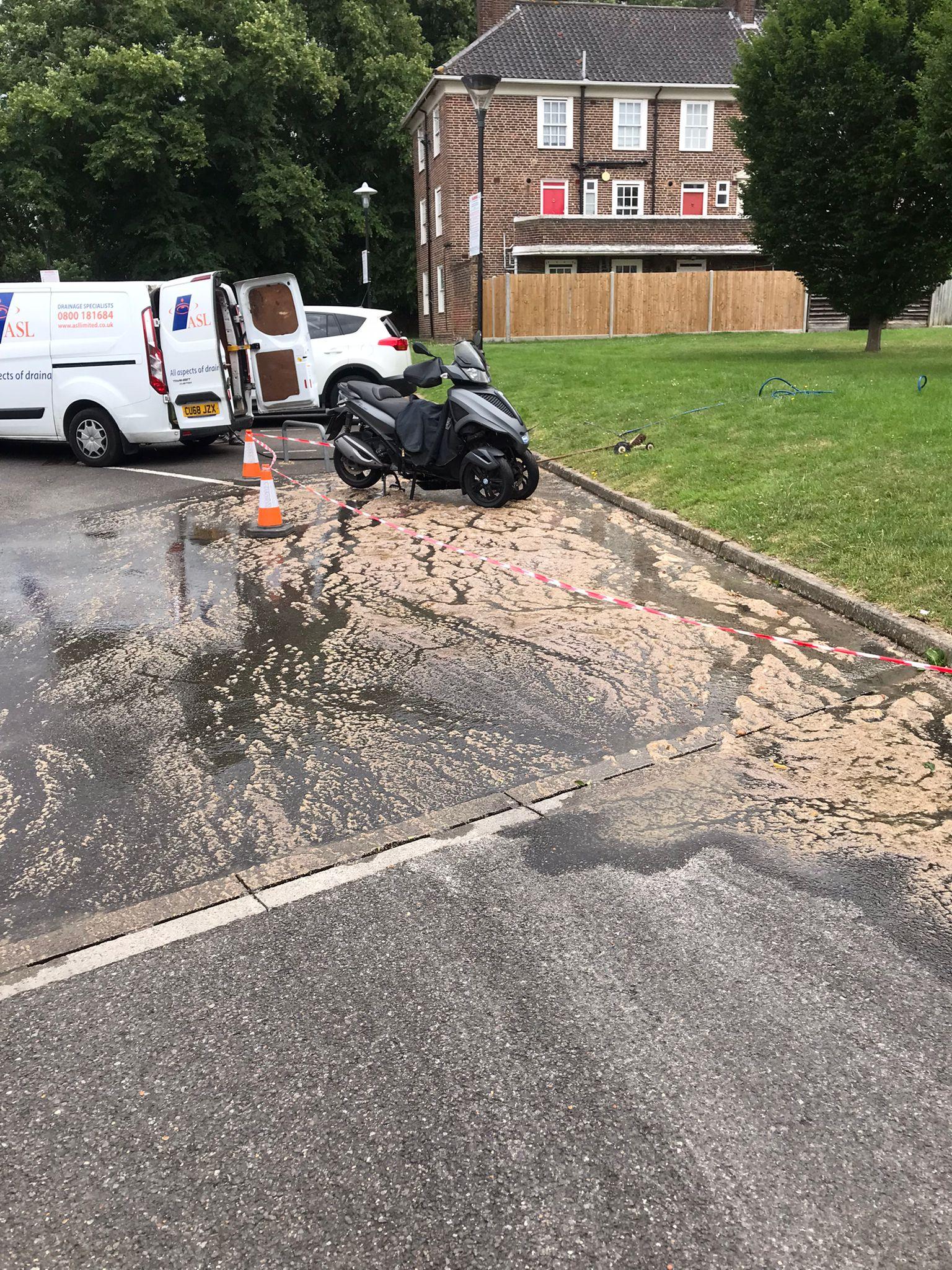Blocked Drain Responsibility: Who Pays for What?

Why this matters
A blocked drain is stressful enough without the added question: “Am I responsible, or is this someone else’s problem?”
The answer depends on where the blockage is — and whether your home is on the public sewer or a private system. Here’s a clear guide for homeowners, landlords, and tenants.
🟡 When It’s Your Responsibility
If the blockage is inside your property boundary, before the point your drains become shared with a neighbour or connect to the public sewer, it’s your responsibility to fix.
-
This includes kitchen waste pipes, bathroom pipes, and any foul or surface water drains up to the point they join a shared section.
-
If you’re on a private system (like a septic tank or treatment plant), you’re responsible for your section of pipework.
-
If the private system serves more than one property, responsibility is usually shared between all users.
👉 Tip: If you notice repeat blockages, book a CCTV survey. It may reveal collapsed pipes, tree roots, or fat build-up that needs a proper repair.
🟡 When It’s a Landlord or Tenant Responsibility
In rented accommodation, responsibility depends on your tenancy agreement.
-
Tenants must report blockages promptly to avoid further damage.
-
Landlords are usually responsible for maintaining the main drainage system serving the property.
-
In council properties, the council acts as the landlord.
🟡 When It’s the Water Authority’s Responsibility
If the blockage is in a public sewer or outside your boundary, your local water authority is responsible.
-
Public sewers include any shared drains beyond your boundary.
-
Blocked road gullies on public roads are cleared by the local authority.
🚧 Important exceptions:
-
If the gully is on a private road or private land, the responsibility lies with the landowner(s) or residents’ association.
-
If it’s on your own driveway, you are responsible for keeping it clear.
👉 This often catches people out: the council won’t clear a private gully, even if it looks “like a road drain.”
🚫 Common Confusion: Drains vs Sewers
-
Drains: carry waste from one property.
-
Sewers: carry waste from multiple properties.
If your drain becomes a shared sewer at the boundary, responsibility passes to the water company.
✅ What to Do if You Have a Blocked Drain
-
Identify location – inside boundary (yours) vs outside (authority).
-
Check tenancy agreement if renting.
-
Call your local water authority if you think it’s public.
-
Call ASL Limited if it’s on your property or if you’re unsure — we’ll diagnose quickly and either fix it or confirm it’s the authority’s job.
🟢 Need Expert Help?
At ASL Limited, we’ve been unblocking, repairing and surveying drains across Surrey, Hampshire and Berkshire for over 30 years.
Whether it’s your responsibility or not, our engineers can confirm the cause — and get things flowing again fast.
📞 Call us today: 0800 0488727

